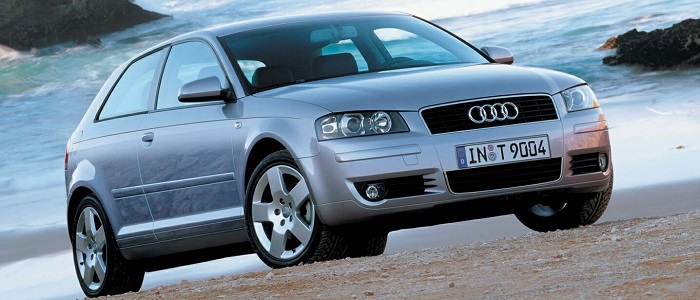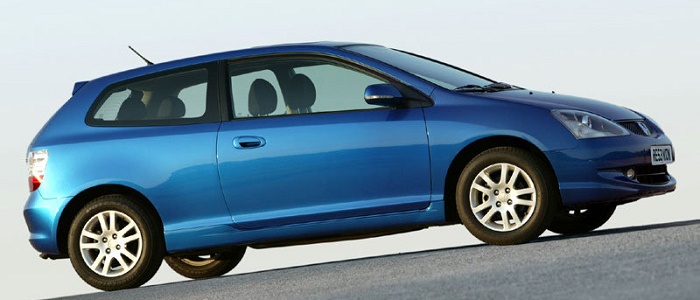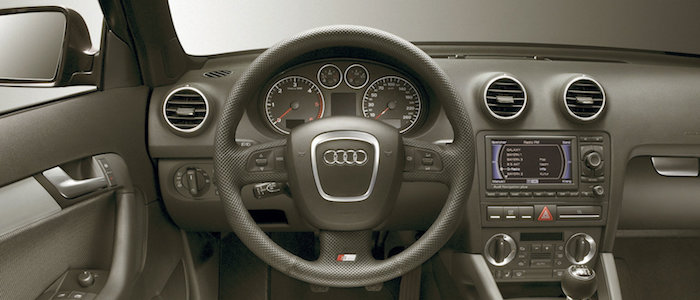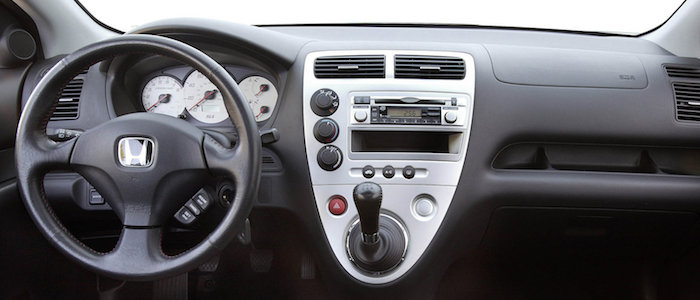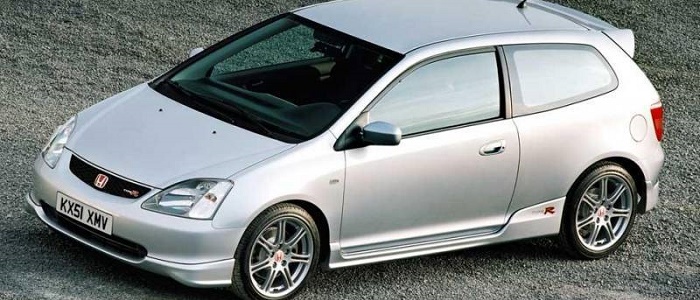Compare two cars
Compare any two cars and get our Virtual Adviser™ opinion
Dimensons & Outlines
Check vehicle history
Engine
Performance (manual gearbox)
Performance (automatic gearbox)
Expenses
Virtual Adviser's™ opinion
Two significantly similar cars, no doubt about that. Still, each one has something different to offer. Having both cars powered by petrol engines and utilizing the 3-door hatchback body style within the same 'Small family car' segment, the only major difference here really is their wheel drive configuration (4 x 4 for the Audi and front in the case of the Honda). The first one has a Volkswagen-engineered powertrain under the hood, a 6-cylinder, 24-valves 250hp unit, while the other one gets its power and torque from a 4-cylinder, 16-valves 200hp engine designed by Honda.
SafetyA starting point here would be to take a look at the results from European New Car Assessment Programme (Euro NCAP) tests which were performed on both of the cars, with the same number of safety stars gained in the process. Moving further on, let's take a closer look at some additional safety-related facts. Both vehicles belong to the small family car segment, which is generally classifying them somewhere in the middle safety-wise, but that fact doesn't break the tie between the two cars. Furthermore, when it comes to weight, a factor that most people underestimate, the German car offers a considerable difference of 28% more metal.
ReliabilityI don't like generalizing things when it comes to reliability, although it does seem that Honda is significantly less fault-prone, when all the models are taken into account. These are the official statistics, while our visitors describe reliability of Audi with an average rating of 4.2, and models under the Honda badge with 4.7 out of 5. Independent research findings rank A3 as average reliability-wise, and Civic is more or less at the same level.Above it all, drivers of cars with the same engine as the German car rank it on average as 4.3, while the one under the competitor's bonnet gets 5.0 out of 5.
Performance & Fuel economyAudi is a bit more agile, reaching 100km/h in 0.1 seconds less than its competitor. In addition to that it accelerates all the way to 250 kilometers per hour, 15km/h more than the other car. When it comes to fuel economy the winner has to be the Japanese car, averaging around 8.9 liters of fuel per 100 kilometers (32 mpg), in combined cycle. We can't ignore that 19% difference compared to the German car.
Verdict
Honda appears just a bit more reliable, although the difference is truly marginal. The most important thing when deciding between any two vehicles should always be safety, both passive and active. In my opinion, everything taken into account, the German car offers significantly better overall protection, taking the lead here. It all continues in the same direction, with Audi outracing its opponent in any situation possible, making it better choice for boy racers. It does come at a cost though, and that's the fuel consumption... At the end, as much as I'd like to give you a winner here, it's simply a pure tie if you ask me. Anyway, that's the most objective conclusion I could've came up with and it's based solely on the information found on this website. Aspects such as design, practicality, brand value and driving experience are there for you to measure them out. Also, you could use the oportunity to find out which car, everything taken into account, would be the perfect choice for you in the eyes of the virtual adviser™, out of 12.000+ vehicles we currently have in our database.
Related articles
Somewhere in the 80's there was a breakthrough in the hot hatch segment. Just remember cars such as Volkswagen Golf Gti, Renault 5 GT, Lancia Delta Turbo Integrale, Peugeot 205 GTI etc. There, even while writing this I feel sorry for not still living in that age...























